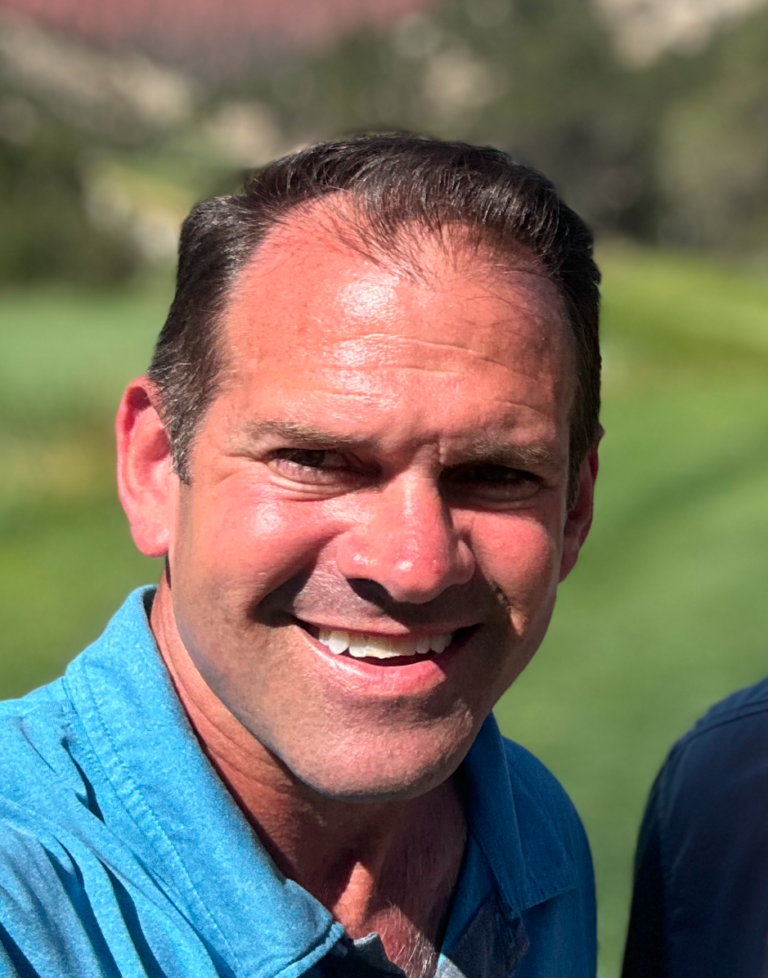How Dr. Ian Weisberg is Transforming Cardiac Electrophysiology
How Dr. Ian Weisberg is Transforming Cardiac Electrophysiology
Blog Article
Synthetic intelligence (AI) is quickly transforming the medical subject, and cardiology is no exception. Dr Ian Weisberg Niceville Florida, a leading expert in electrophysiology and cardiac care, reaches the forefront of adding AI-driven engineering in to detecting, monitoring, and managing heart conditions. His strategy claims to boost reliability, increase individual outcomes, and revolutionize the ongoing future of cardiology.

AI-Driven Diagnostics: Improving Detail
One of the very most substantial programs of AI in cardiology is its ability to analyze large levels of individual data with unparalleled accuracy. Dr. Weisberg employs AI-powered electrocardiograms (ECGs) and machine learning algorithms to detect abnormalities in center rhythms earlier than ever before. By comparing tens of thousands of individual instances, AI may identify delicate styles that also probably the most experienced specialists may miss.
For conditions like atrial fibrillation (AFib) and ventricular tachycardia, early detection may be the difference between preventive treatment and a life-threatening emergency. AI-based ECG meaning assures that people get appropriate interventions, lowering the chance of complications.
Predicting and Avoiding Cardiac Functions
Beyond examination, AI is supporting estimate cardiac functions before they happen. By considering facets such as for example heart rate variability, lifestyle behaviors, and genetic predisposition, AI-driven types may identify patients at high risk for center episodes, shots, or sudden cardiac arrest.
Dr. Weisberg thinks that this predictive energy enables physicians to get hands-on steps, such as prescribing lifestyle changes, medications, as well as proposing early interventions before critical signs appear.
Personalized Therapy Plans with AI
Each patient's center is unique, and AI is making individualized therapy programs a reality. Applying AI-powered simulations, Dr. Weisberg can target techniques such as for instance catheter ablations or pacemaker implantations to complement a patient's actual cardiac design and condition. That reduces trial-and-error approaches and increases therapy achievement rates.
Moreover, AI assists refine dose tips for center medicines, ensuring optimum usefulness with small part effects.
Distant Checking and AI-Assisted Cardiac Attention
One of the most revolutionary advancements in AI and cardiology is distant individual monitoring. With AI-powered wearable units and smart implants, health practitioners may track real-time individual information, alerting them to any irregularities instantly.
Dr. Weisberg sees this as a game-changer, specifically for patients with persistent heart situations who need continuous monitoring. By lowering hospital visits and finding problems early, AI-powered checking methods assist saving lives while improving individual comfort.
The Potential of AI in Cardiology
As AI remains to evolve, Dr. Weisberg stays focused on integrating cutting-edge systems which make cardiology more effective, accurate, and patient-friendly. His work links the distance between technology and medication, ensuring that AI enhances—not replaces—the individual touch in healthcare.

With AI-driven developments, cardiology is entering a fresh period where heart disease could be found earlier, treated more effectively, and managed with higher precision. Dr Ian Weisberg's pioneering attempts in that room assurance to form the continuing future of cardiac take care of years to come.
Might you prefer any refinements or extra precisely particular AI applications? ????
Report this page